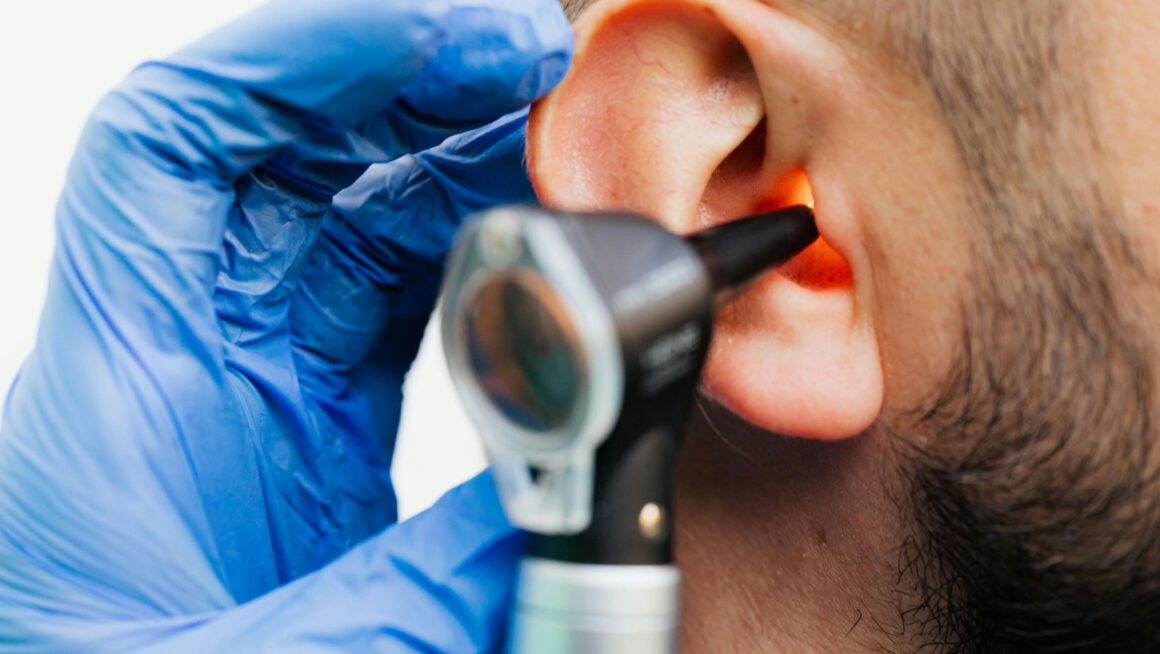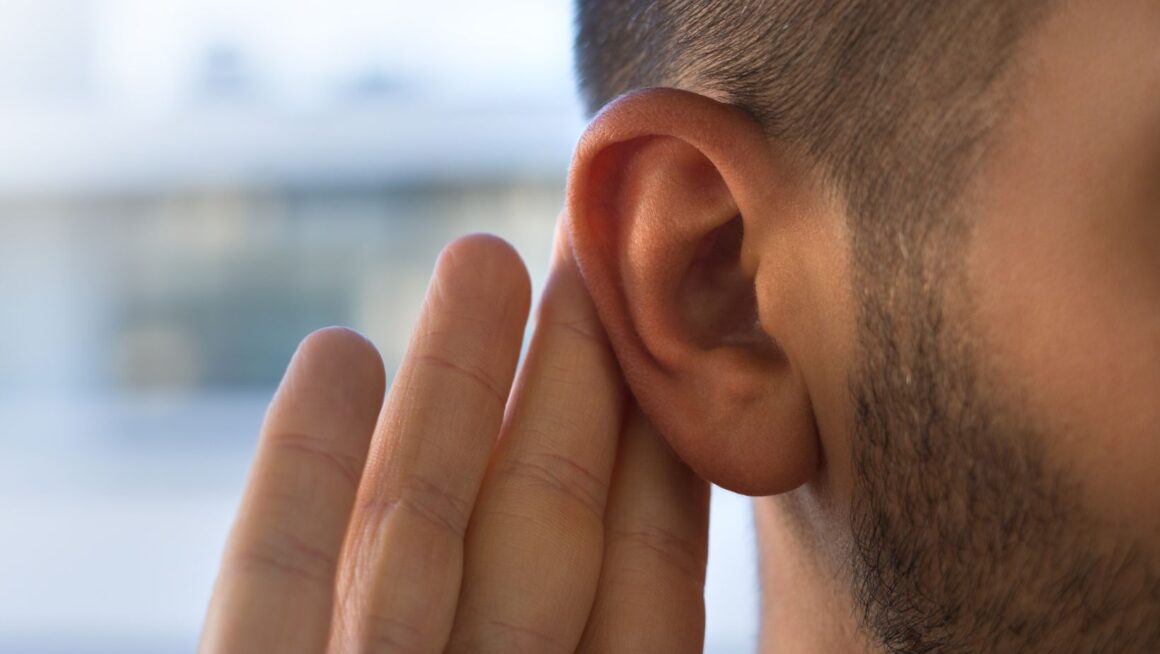Hearing plays an invaluable role in our daily interactions and overall quality of life. As essential as this sense is, many individuals underestimate the need for regular and thorough hearing assessments. Accurate evaluations not only identify existing conditions but also prevent complications that may arise from untreated hearing loss. While self-assessment tools are available, they often lack the precision required for a comprehensive understanding of one’s auditory health. This is where professional guidance comes into play.
When it comes to hearing assessments, several factors influence accuracy. From the type of equipment used to the expertise of the evaluator, multiple dimensions contribute to a precise diagnosis. A comprehensive ear and hearing assessment includes a variety of tests designed to measure different aspects of hearing, including frequency ranges and the ability to discern sounds in various environments. Without a trained professional to interpret these results, individuals might misinterpret their hearing capability, leading to further issues down the line.
Table of Contents
ToggleThe Complexity of Hearing Assessments
Understanding Hearing Loss
Hearing loss can happen gradually or suddenly and may be influenced by a myriad of factors, including age, environmental noise exposure, and genetic predispositions. Self-defined experiences and anecdotal evidence can mislead individuals about their hearing conditions. A trained audiologist, on the other hand, utilises standardised tests to assess the nature and extent of hearing loss accurately.

The Limitations of DIY Assessments
Consider the available online hearing tests—while they may serve as a preliminary screening, they can’t replace the insight provided by a specialist. These tools often lack the specificity needed to diagnose complex conditions. Without nuanced analysis, the results can lead to unwarranted anxiety or a false sense of security. Having a professional interpret the nuances of the data ensures a more beneficial outcome.
The Role of Professionals in Hearing Assessments
Expertise Matters
Audiologists undergo extensive training to understand the intricate workings of the auditory system. They are equipped not only to conduct a range of tests but also to interpret the results accurately. This requires a combination of scientific knowledge and practical skills, something that cannot be achieved through at-home tests.
Advanced Technology
Professional audiology clinics use sophisticated equipment designed to gauge hearing capabilities in various frequencies and sound environments. This technology provides a deeper insight into issues that may not be easily identifiable through standard tests. For instance, some individuals may excel in a quiet environment but struggle with background noise—a situation that a professional would easily evaluate with the right tools.
The Importance of Follow-up and Management
Continuous Monitoring
After an initial assessment, it’s vital to have follow-up consultations. Hearing loss can evolve, necessitating periodic re-evaluations. A professional audiologist can offer ongoing support, tailoring solutions like hearing aids or other assistive devices based on individual needs. Regular check-ins allow for adjustments that optimise hearing capabilities.
Holistic Approaches to Hearing Health
Additionally, audiologists often consider the broader context of health and lifestyle. For example, the correlation between hearing health and overall well-being is well-documented, linking untreated hearing issues to mental health concerns such as anxiety or depression. Professionals can help individuals navigate these aspects, offering a rounded approach to treatment.
The Value of Early Intervention
Research consistently shows that early identification and management of hearing loss significantly improve long-term outcomes. When individuals do not receive timely assessments, they may experience declining social interactions, mental health challenges, and even cognitive decline. This underscores the necessity of regular checks.
Community Resources
Many communities offer accessible hearing assessments through local health services or specialized clinics. Engaging in these resources helps ensure that auditory health is prioritised. Some organisations even provide support systems for individuals grappling with hearing loss, making it easier to seek help.
Conclusion
In summation, while the allure of DIY hearing assessments is understandable, the complexity of auditory health demands professional attention. Accurate hearing assessments require the expertise, advanced technology, and tailored follow-up that only trained audiologists can provide. Neglecting this professional guidance might lead to misdiagnoses, ineffective treatments, and a decline in quality of life.

Taking the time for a comprehensive ear and hearing assessment with a qualified professional is not merely a recommendation—it’s an investment in your health and well-being. By choosing to engage experts in the field, individuals can enhance their understanding of hearing health, ensuring that they maintain meaningful connections with the world around them. Remember, when it comes to hearing, being proactive is key. For those in London seeking a thorough evaluation, reaching out to a trusted audiology service can significantly impact not just your hearing, but your overall quality of life.






